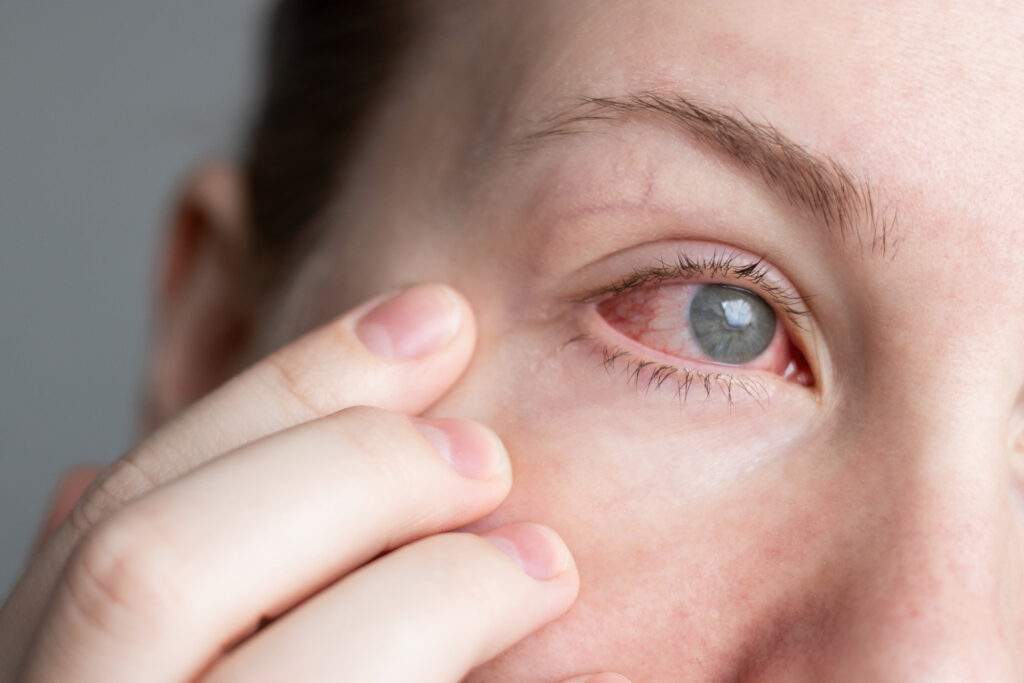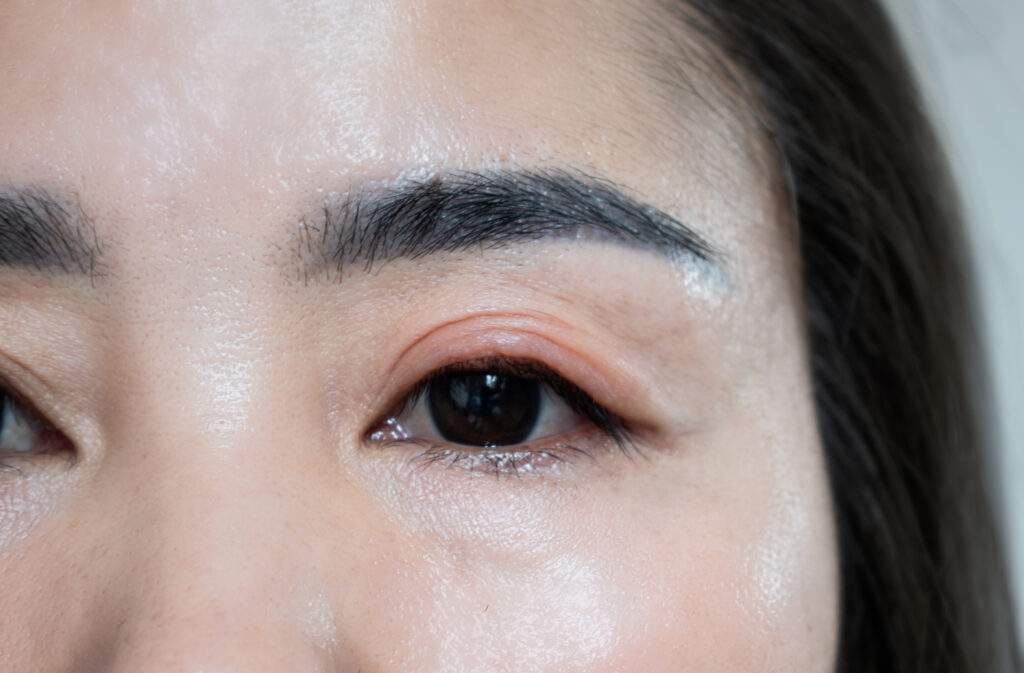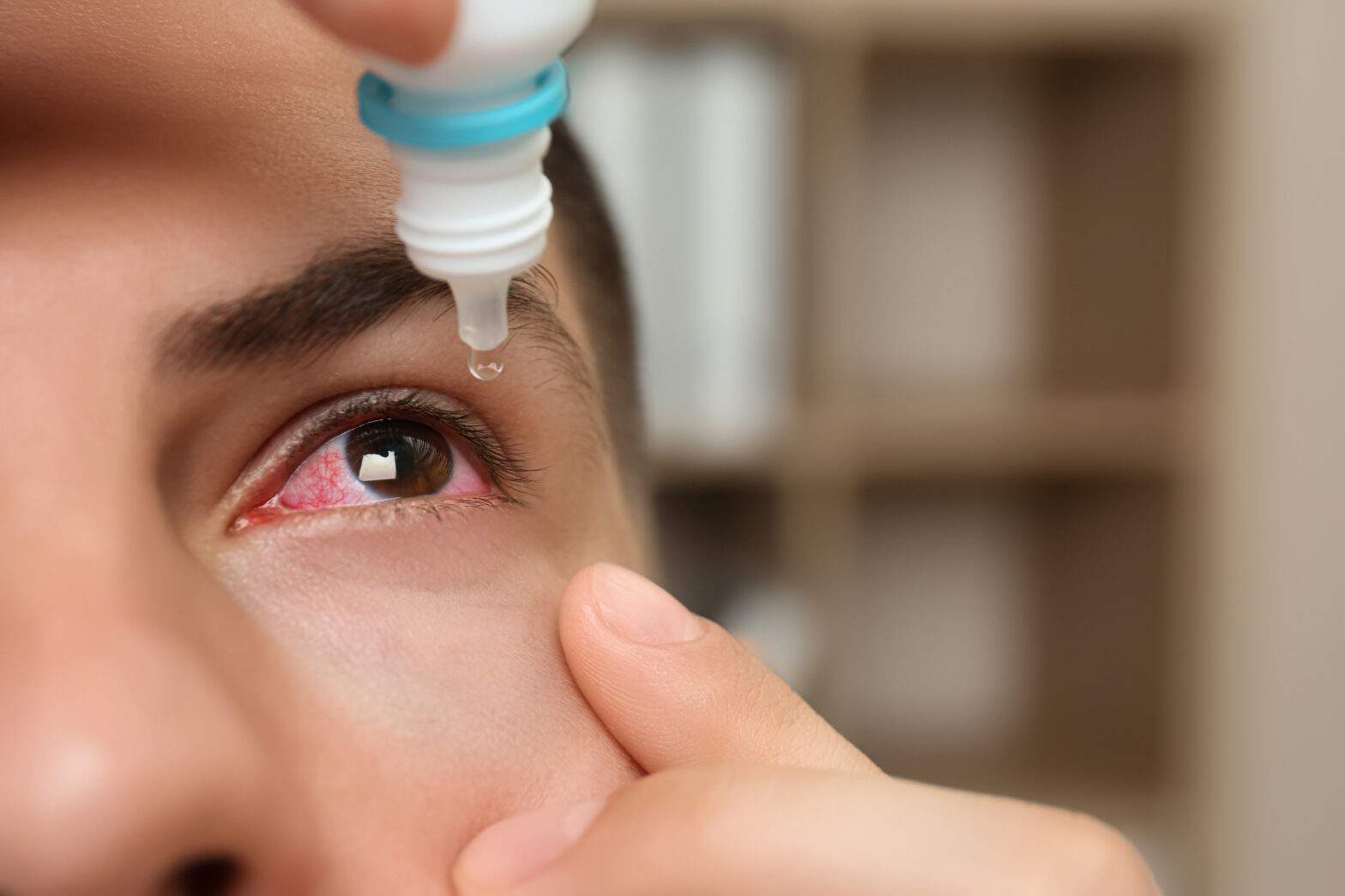If you struggle with eye irritation, stinging, or redness after using standard eye drops, preservatives could be the cause. These additives are designed to extend shelf life, but they often trigger discomfort, especially in sensitive eyes. Preservative-free compounded eye drops avoid these harsh chemicals, giving you a gentler and safer option for daily use.
You gain more than just comfort when you choose preservative-free compounded drops. They are tailored to your needs, which means you get the right preservative-free formulations without unnecessary ingredients. This makes them a practical choice if you want to protect your eyes while managing dryness and following glaucoma treatment. or other ocular symptoms.
By working with a trusted compounding chemist, you can access drops that fit your unique requirements. This personal approach ensures you care for your eyes without the side effects that come with standard over-the-counter options.
Key Takeaways
- Preservatives in common eye drops often irritate sensitive eyes
- Compounded preservative-free drops provide a tailored and gentler solution
- Professional guidance helps you choose the right option for your eye health
Why Preservative-Free Compounded Eye Drops Are Superior for Sensitive Eyes
Sensitive eyes often react poorly to preservatives found in many standard eye drops. Choosing preservative-free compounded options helps protect the delicate surface of your eyes, reduce irritation, and support long-term eye health in chronic disease and specific conditions.
How Preservatives Affect Eye Health and Sensitive Eyes
Most commercial eye drops and glaucoma medications contain preservatives to keep multi-dose bottles sterile. The most commonly used preservative is benzalkonium chloride (BAK), which is effective at preventing bacterial growth but harsh on the eye’s surface.
When used often, BAK can disrupt the tear film and damage the cells of the cornea. This can lead to more dryness, redness, and irritation, especially if your eyes are already sensitive.
If you have allergies, chronic dry eyes, or conditions like ocular surface disease, preservatives can worsen symptoms rather than relieve them. Even low levels of preservatives may cause allergic reactions and discomfort with repeated use.
Preservative-free eye drops avoid these risks by using single-use vials or advanced multi-dose bottles designed to stay sterile without added chemicals. This makes them gentler and safer for daily or long-term use, contributing to overall patient safety.

Benefits of Preservative-Free Eye Drops for Chronic Dry Eye and Ocular Surface Damage
Chronic dry eye and ocular surface disease require frequent use of artificial tears. If you rely on drops several times a day, even small amounts of preservatives can build up and harm the eye surface over time.
Preservative-free options provide moisture without adding to irritation. They help maintain a stable tear film homeostasis, which is important for reducing dryness, burning, and blurred vision linked to chronic dry eye.
By avoiding preservatives, you lower the risk of ocular surface inflammation and cell damage that can slow healing in ocular surface disease. This makes preservative-free drops more suitable for ongoing management.
Compounded preservative-free eye drops can also be tailored to your specific needs. This ensures you receive the right formulation and strength for your condition without exposing your eyes to unnecessary additives.
Role in Post-Surgical Recovery and Contact Lens Comfort
After procedures such as LASIK or cataract surgery, your eyes are more vulnerable to irritation and dryness. Using drops with preservatives during recovery can delay healing and increase discomfort.
Preservative-free eye drops support recovery by keeping the eyes hydrated and reducing the risk of further damage to healing tissue. They also help maintain comfort during the critical post-surgery period.
If you wear contact lenses, preservatives can bind to the lens surface and stay in contact with your eye longer than intended. This often leads to stinging, redness, or a gritty feeling.
Preservative-free artificial tears avoid this problem, making them a better choice for lens wearers who need frequent lubrication. They improve comfort without leaving behind irritating residues.

Choosing the Right Eye Drops and Professional Guidance
The type of eye drops you use can affect how well your eyes respond to treatment and comfort. Your choice depends on your eye condition, sensitivity to ingredients, and the advice of an eye care professional.
Differences Between Regular and Preservative-Free Eye Drops
Regular eye drops often contain preservatives to stop bacteria growing once the bottle is opened. These preservatives, such as benzalkonium chloride, can irritate if you use drops often or already have sensitive eyes.
Preservative-free drops avoid these additives. They are usually packaged in single-use vials or special bottles that prevent contamination. This makes them gentler, especially if you need to apply drops several times a day.
For people with conditions like glaucoma or chronic dry eye, frequent use of preserved eye drops may worsen redness or discomfort, particularly after glaucoma surgery. Brands such as Systane are available in both preserved and preservative-free forms, giving you options depending on your needs.
If you only use drops occasionally, regular bottles may be more convenient. But if you rely on them daily, preservative-free compounded drops can reduce the risk of long-term irritation.
When to Use Preservative-Free Options
You may benefit from preservative-free drops if you have sensitive eyes, allergies, or react to additives in standard formulas. They are also useful if you need to use drops more than four times a day.
Environmental triggers like wind, dust, or air conditioning can make your eyes dry or sore. In these cases, preservative-free drops provide relief without adding extra irritation.
If you wear contact lenses, preservative-free options are often safer because preservatives can build up on the lens surface. This can cause discomfort and reduce lens life.
Compounded preservative-free drops can also be tailored to your exact needs. For example, if you need a specific strength or active ingredient mix, a compounding chemist can prepare a formula that avoids unnecessary additives.
Advice from Eye Care Professionals
An eye doctor or optometrist can help you decide which type of drops is best. They will consider your eye health, how often you need drops, and whether you have conditions such as glaucoma or chronic redness.
Eye care professionals may recommend starting with preservative-free options if you show signs of sensitivity. They may also suggest compounded drops if standard brands do not meet your needs.
Regular check-ups are important. Your optometrist can track how your eyes respond and adjust your treatment if irritation continues.
By seeking professional guidance, you enhance patient satisfaction, avoid self-treating with the wrong product, and ensure your eyes get the safest and most effective care.
Learn More About Why Preservative-Free Eye Drops are Better for Sensitive Eyes at McKenzie’s Compounding Chemist!
If you experience irritation or discomfort from regular eye drops, preservative-free compounded drops could be the solution you need. Tailored to your specific needs, these drops offer a gentler, safer alternative for sensitive eyes, chronic dry eye, and post-surgical recovery. At McKenzie’s Compounding Chemist, we provide personalised formulations that support your eye health without the harsh additives found in standard products.
Contact us today to learn more about how our preservative-free eye drops can improve your comfort and protect your eyes by choosing a preservative-free option.

